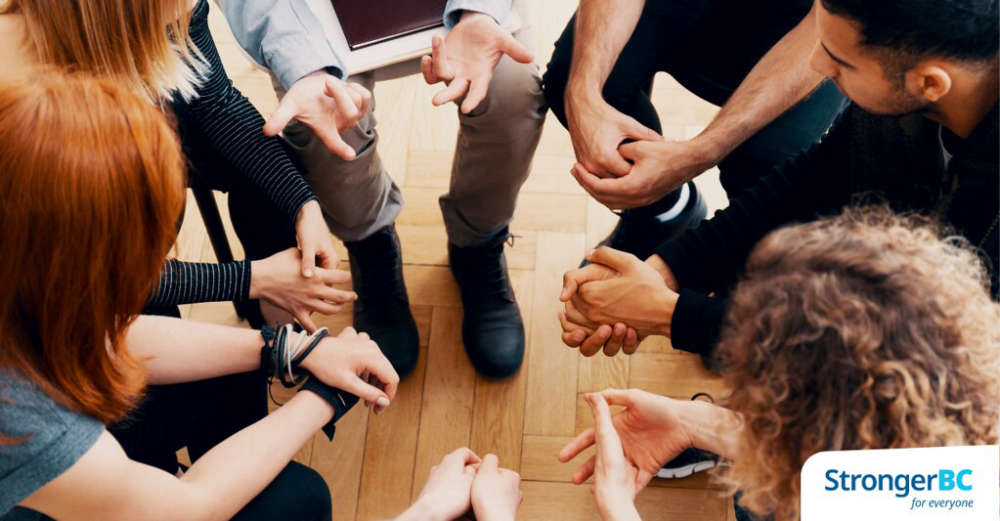
B.C.'s decriminalization of small amounts of some illegal drugs takes effect on Tuesday.
Health Canada granted the Province an exemption under the Controlled Drugs and Substances Act to decriminalize people who use drugs.
Adults in B.C. will no longer be subject to criminal charges if they possess a small amount of certain drugs for personal use.
The province notes that the new rule doesn’t mean drugs are legalized, but those found in possession of as much as 2.5 grams of opioids, cocaine, methamphetamine and MDMA for personal use will no longer be arrested, charged, or have their drugs seized.
Instead, police will offer information on available health and social support, as well as local treatment and recovery options.
Drug possession in any amount will continue to be a criminal offence on K-12 school grounds and at licensed child care facilities.
Further, decriminalization does not apply to youth 17 and younger.
Youth found in possession of any number of illegal drugs are subject to the federal Youth Criminal Justice Act, which offers them alternatives to criminal charges in some cases.
“We know criminalization drives people to use alone. Given the increasingly toxic drug supply, using alone can be fatal,” said Jennifer Whiteside, B.C.’s Minister of Mental Health and Addictions.
“Decriminalizing people who use drugs breaks down the fear and shame associated with substance use and ensures they feel safer reaching out for life-saving supports. This is a vital step to get more people connected to the services and supports as the Province continues to add them at an unprecedented rate.”
Critics argue that decriminalization won’t do much because of the toxic drug supply.
Since the province declared a public health emergency over the issue in 2016, more than 11-thousand people have died in BC of illicit drug overdoses.
The B.C. Coroners Service will release data today on deaths for all of 2022.

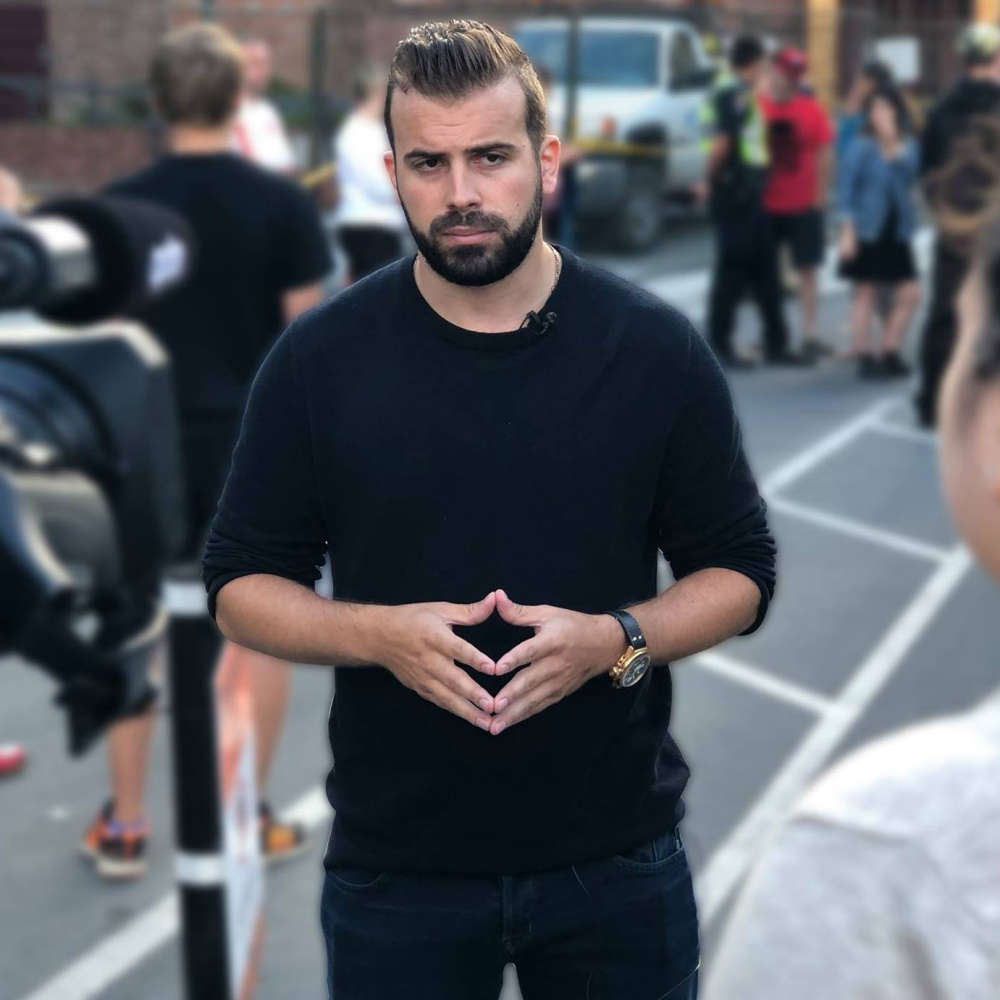 First Nation Leadership Council Calls For Conservatives To Pull North Island-Powell River Candidate
First Nation Leadership Council Calls For Conservatives To Pull North Island-Powell River Candidate
 North Island-Powell River All Candidates Debate At Sunday At Tidemark Theatre
North Island-Powell River All Candidates Debate At Sunday At Tidemark Theatre
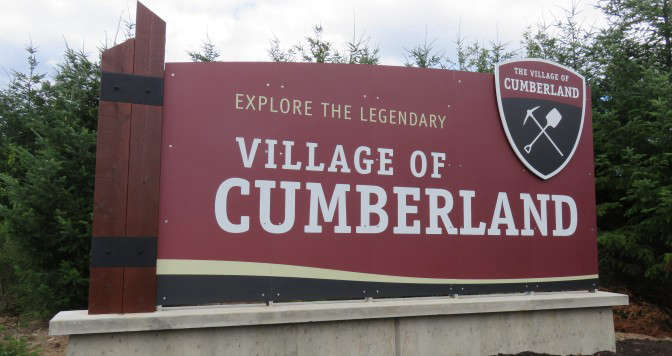 Cumberland Residents Are Encouraged To Report Incidents To The RCMP
Cumberland Residents Are Encouraged To Report Incidents To The RCMP
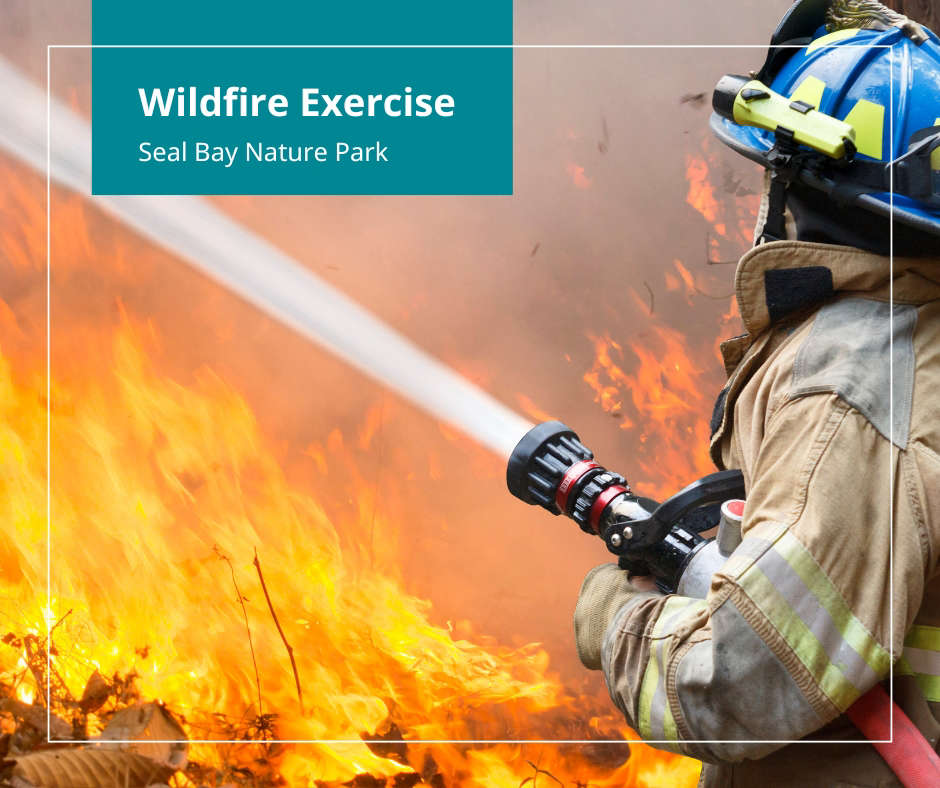 Training Exercise Today At 19 Wing Comox And Seal Bay Nature Park Area
Training Exercise Today At 19 Wing Comox And Seal Bay Nature Park Area
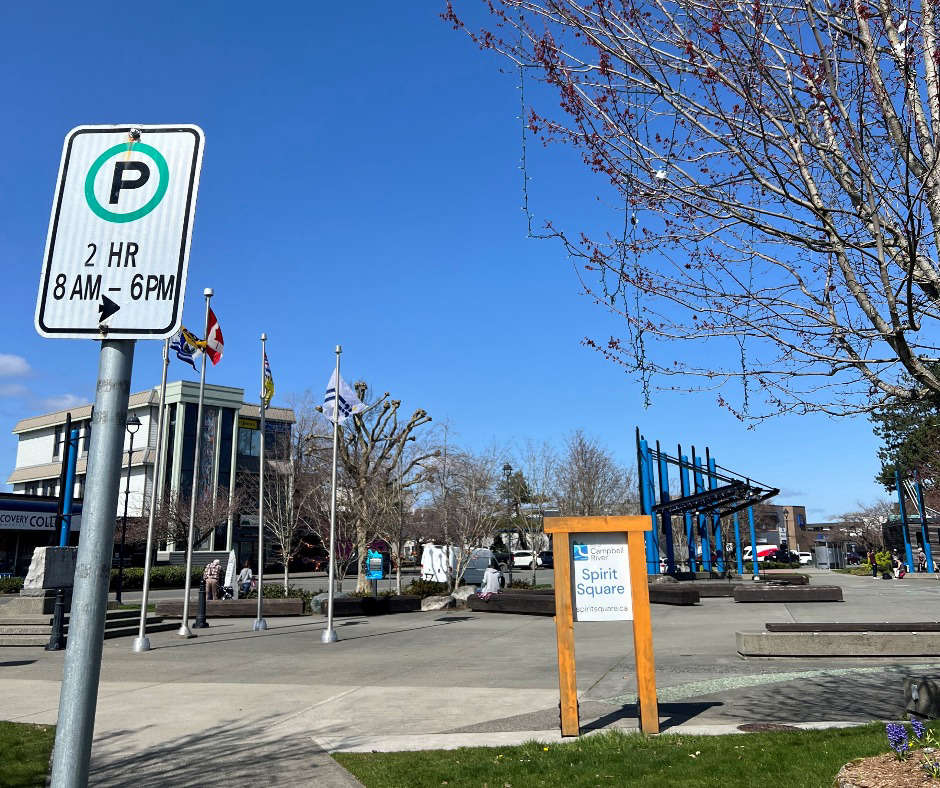 Campbell River Extends Downtown Parking Time Limits
Campbell River Extends Downtown Parking Time Limits
